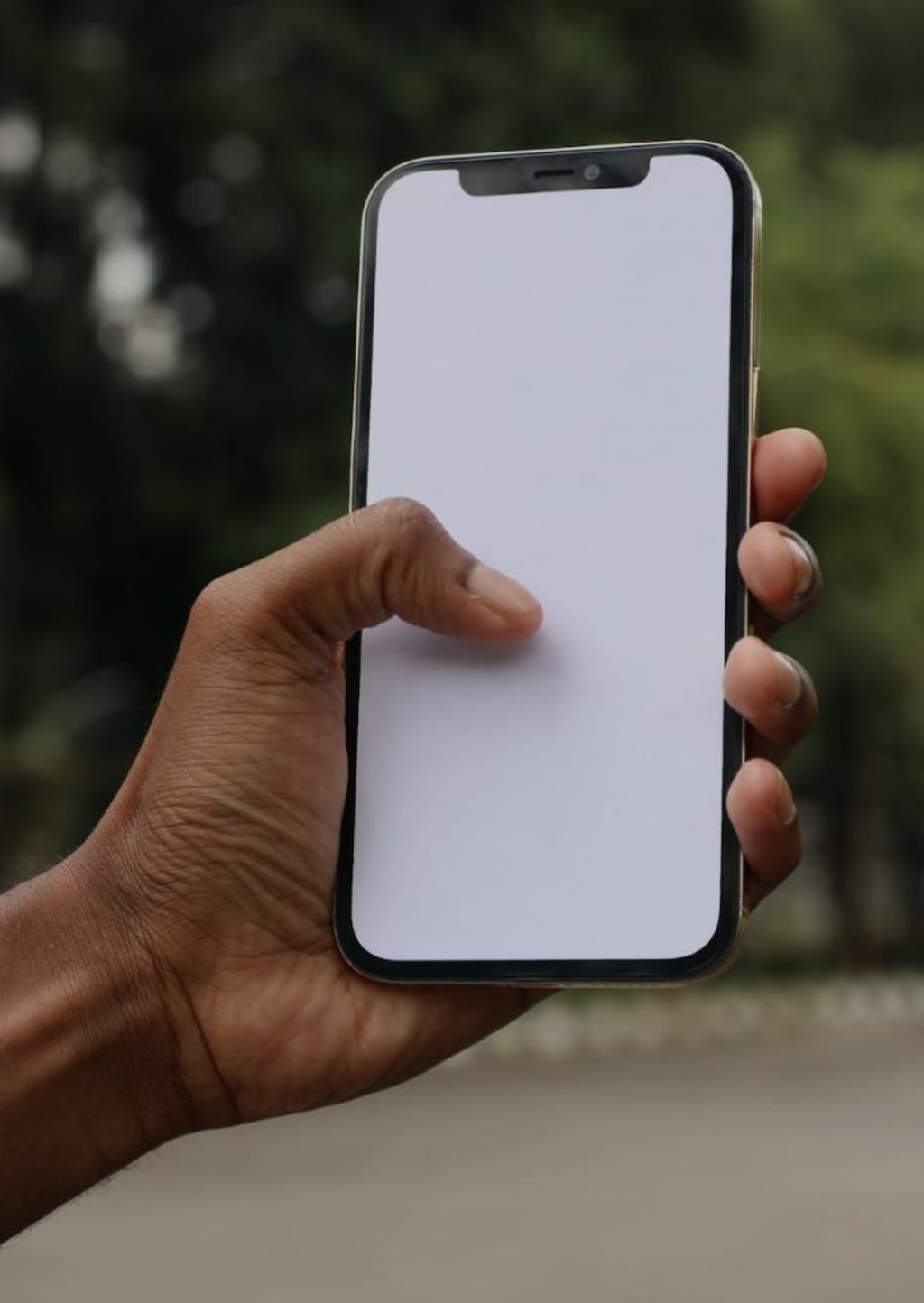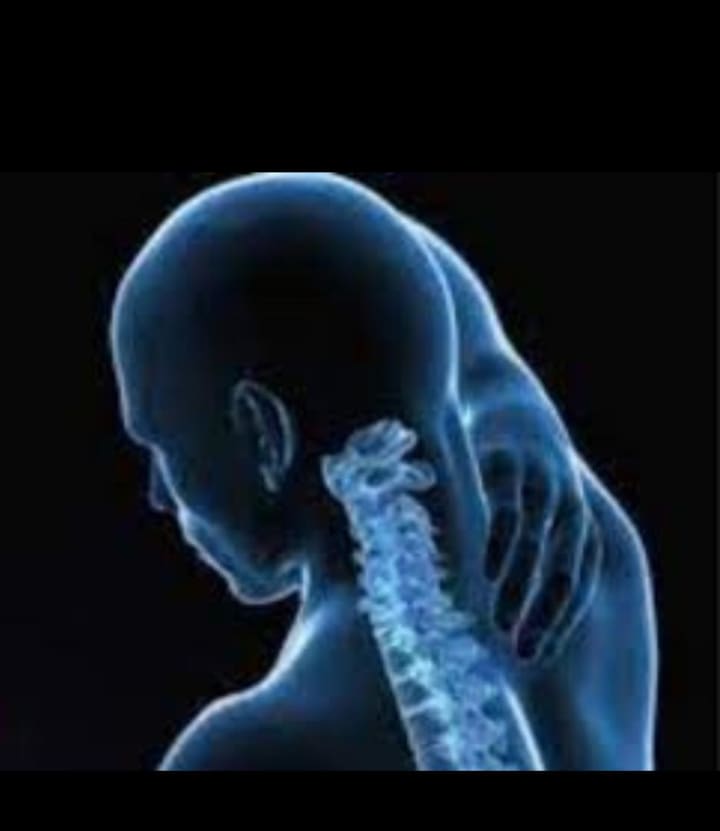ARE CELL PHONES CHANGING THE SHAPE OF OUR BODIES
Are you now slumped over your phone screen?

What if smartphones were so potent that they could alter the shape of our bones? This intriguing new debate has recently erupted in the media. It is based on a scientific study that contends that using smartphones and tablets can result in significant, long-lasting changes to our bodies—and not in the ways you might expect. David Shahar and Mark Sayers, biomechanics experts from Australia's University of the Sunshine Coast, conducted a study in recent years. Biomechanics examines how mechanical principles apply to living organisms, such as how humans move and how insects beat their wings. It has long been known that skeletons adapt to a person's lifestyle, and every set of bones tells a story.
For instance, some unusually large skeletons were discovered on the Pacific island of Tinian in 1924. Stone structures nearby explained the substantial nature of the island's bones by explaining that the people who lived there had a natural affinity for working with heavy stones. The external occipital protuberance, or EOP, is a growth of bone located in the back of the skull that is connected to the nuchal ligament, an important ligament that functions to connect Nick muscles to the bones of the skull, according to Shaw Heart and Sayers.

To explain how this is happening, experts and commentators have described the EOP as a foam ball or a devil-like horn. At the top of the nuchal ligament, the EOP has a similar effect to that of an anchor. Let's get back to the original purpose of the study, which was to examine X-rays taken by chiropractors on patients between the ages of 18 and 86 to gain a current understanding of how skeletons change. Because many of these X-rays were taken to look into issues like neck pains, there was also consideration of the potential effects these changes might have on our health.
Shahar Sayers noticed that young people's EOP appeared to be more prevalent, so they hypothesized that young people's posture while constantly checking their phones and tablets was a major factor. When using a screen, the neck naturally cranks forward.
According to the theory, this puts additional pressure on the area where the sculpture muzzle is located, and as a result, the EOP gradually lengthens, eventually reaching several milliliters.
Shah Harden Sayers reported a bigger Yi Opie and 67% of males compared to 20% of women based on a test sample of 218 persons in 2016, which supported the findings that it was mostly seen in men, by 2018, they had examined 1200 people, with males appearing to be 5 times more likely to develop these large texts necks but what is the potential impact on humanity we hear a lot about phone radiation potentially being linked to cancer but can using a mobile device actually create significant health problems in the body this new report has opened up debates on this topic because it's the first case where experts are explicitly pointing out how technology is affecting our bodies Shahar and Sayers viewed prolonged PS as a degenerative process, meaning that things will only become worse for young people if they continue to use their devices. However, the study of EOPS and referring to them as horns where spikes has been criticized by others in the press Experts point out that the report is not conclusive and, like any scientific paper, it makes assumptions.
Archeologists would tell you that taller skull bones are nothing new and that they are especially common in males. However, the overall consensus among study critics is that there simply isn't enough empirical data to back up the assertion that you are becoming into Hellboy.
By using your cell phones, are Shahar and sayers on to something, or have they simply taken established facts and fitted them into their own explanation? Either way, there's no denying the dramatic impact that technology has on our lives and the idea.
About the Creator
Hellen Happiness
I hope you find happiness.....






Comments (1)
Very interesting!